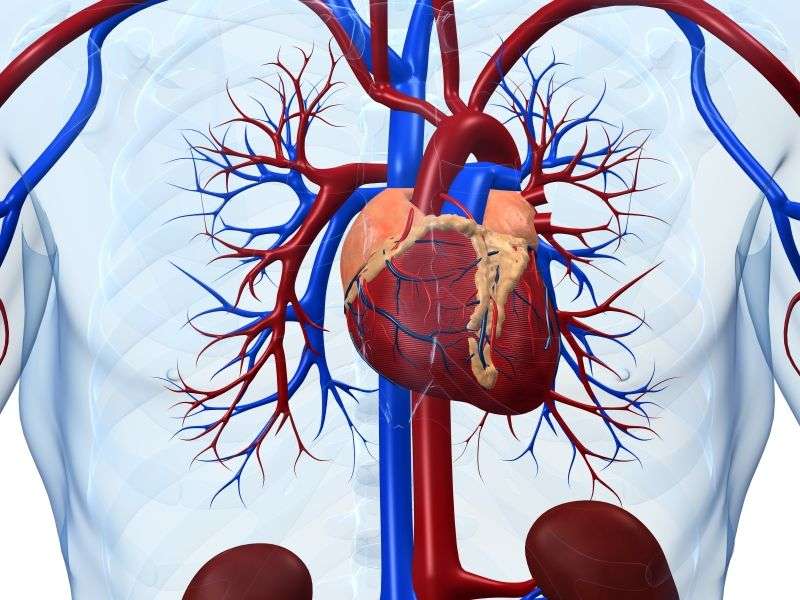Coenzyme Q10 doesn't prevent periprocedural myocardial injury

(HealthDay)—Pre-treatment with coenzyme Q10 (CoQ10) before elective percutaneous coronary intervention (PCI) does not reduce periprocedural myocardial injury (PMI), but does significantly decrease high-sensitivity C-reactive protein (hs-CRP) levels, according to a study published online July 6 in Cardiovascular Therapeutics.
Naser Aslanabadi, M.D., from the Tabriz University of Medical Sciences in Iran, and colleagues randomized 100 patients scheduled for elective PCI to receive a 300-mg loading dose CoQ10 12 hours before procedure. Creatine kinase-MB (CK-MB) and troponin-I levels were measured before procedure, and eight and 24 hours after, while hs-CRP was measured at baseline and 24 hours after.
The researchers observed no differences in CK-MB elevation (above the upper limit normal) between the two groups (P = 0.806). Similarly, elevated troponin-I was the same in both groups. There was no significant change seen in the level of cardiac biomarkers. However, a significant reduction in hs-CRP level occurred in the CoQ10 group (P = 0.032).
"The results showed that pretreatment with 300-mg CoQ10 12 hours before procedure could not [reduce] PMI following elective PCI; however, [it] significantly decreased hs-CRP, which can partially support the anti-inflammatory effects of CoQ10 in preventing PMI," the authors write.
More information:
Abstract
Full Text (subscription or payment may be required)
Copyright © 2016 HealthDay. All rights reserved.



















